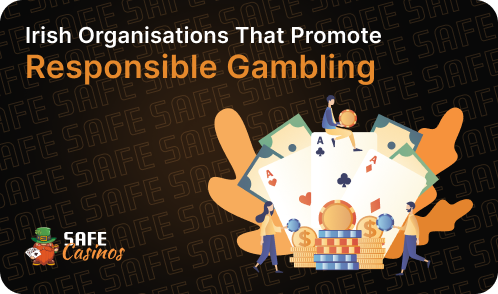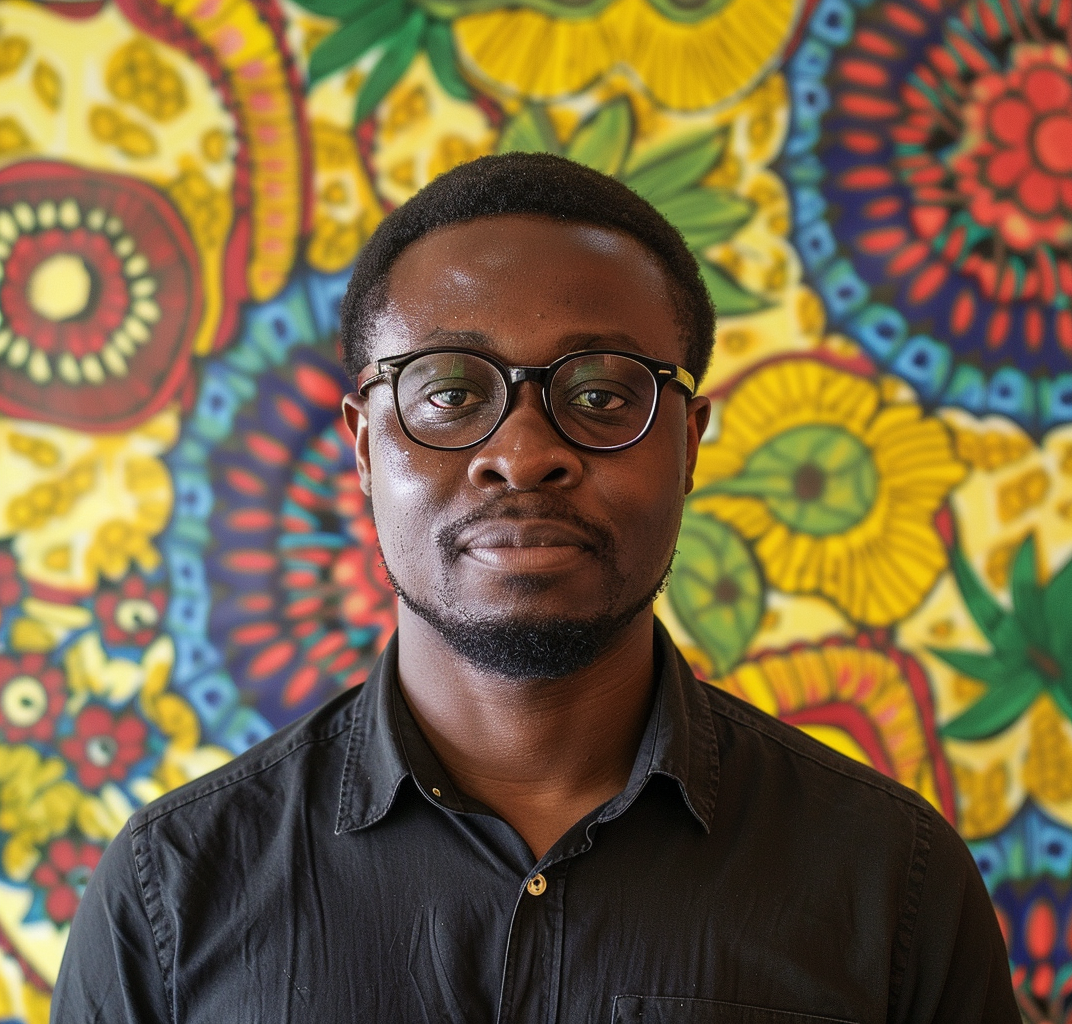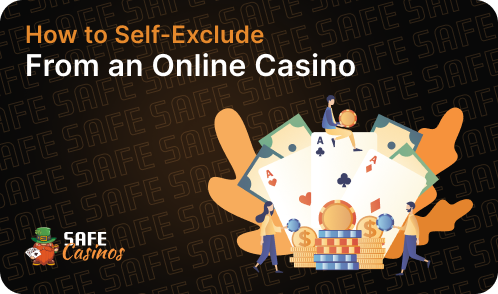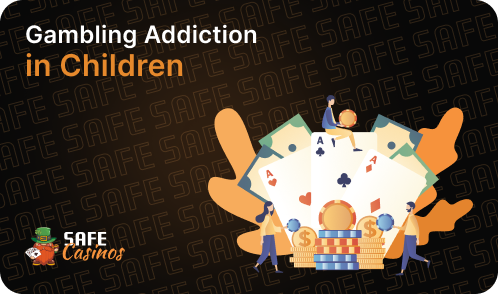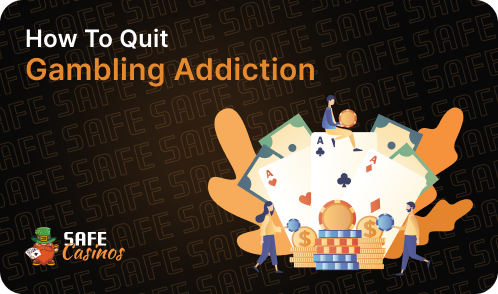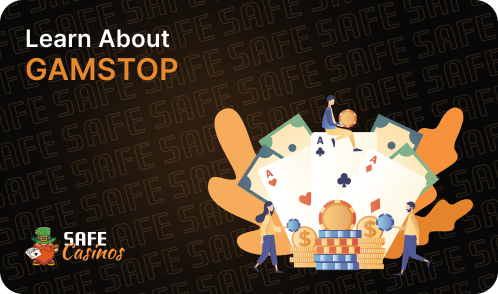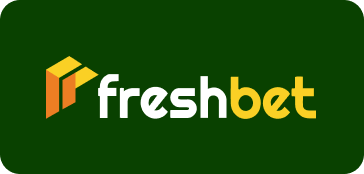Online and offline gambling has increased in Ireland in the last decade. Approximately 64% of Irish adults participated in some form of gambling in the past year. An estimated 1.4% of the Irish population aged 15-64 are classified as problem gamblers, while 0.9% are considered to be at moderate risk of developing gambling-related problems. This underscores the strong need for special measures to protect people from addiction. Many organizations in Ireland work to promote responsible gambling and help people affected by gambling problems. In this article, I will tell you about these impactful organizations and explain how they benefit the community.
Advantages of Getting Support From Organizations
These organizations offer personalized help and resources. They create a supportive, judgment-free space where people can share and find empathy from others. You will have access to support groups and tailored treatment programs. Trained counsellors and therapists will offer you guidance and support throughout the recovery. And after the actual treatment, they continue to provide support to prevent relapse.
Responsible Gambling Organizations in Ireland
Here’s a brief overview of some of these institutions and the key benefits they offer:
Rutland Centre
- Type of Therapy: Residential care, outpatient program
- Key Benefit: Family mobilization workshops
Helplink mental health
- Type of Therapy: One-on-one and group counselling
- Key Benefit: Free Helpline and support group
Cuan Mhuire
- Type of Therapy: Different types of therapy are available
- Key Benefit: Aftercare and residential transition
Dunlewey Addiction Services
- Type of Therapy: Confidential helpline and counselling
- Key Benefit: Helpline available 24/7
Walkinstown Greenhills Centre
- Type of Therapy: Group counselling
- Key Benefit: Complementary therapies (massage, acupuncture)
- Free helpline
Tabor Group
- Type of Therapy: Different types of therapy are available
- Key Benefit: Community-based treatment
Aiséirí Clinics
- Type of Therapy: 12-step programs, residential care
- Key Benefit: Holistic approach, meditation, yoga
Gamblers Anonymous
- Type of Therapy: 12-step program
- Key Benefit: Spiritual focus
- Free helpline
The Gambling Clinic
- Type of Therapy: CBT therapy
- Key Benefit: Reduced cost
Together-Razem (Polish)
- Type of Therapy: Helpline, psychotherapy
- Key Benefit: Service for Polish and Eastern European migrants
- Free helpline
Extern Problem Gambling
- Type of Therapy: CBT Treatment Program
- Key Benefit: Community-based
Local Family Resource Centres
- Type of Therapy: Different types of therapy are available
- Key Benefit: Family-focused support
Tony J. O’Reilly
- Type of Therapy: One-on-one therapy
- Key Benefit: Specialized motivational counselling
Samaritans
- Type of Therapy: Volunteer support
- Key Benefit: Self-help app
Spunout
- Type of Therapy: Volunteer support
- Key Benefit: Free 24/7 helpline
Challenges
Although responsible gambling organizations have made progress in tackling gambling addiction in Ireland, some challenges remain:
Stigma: Many people still face stigma when they seek help for gambling addiction.
Accessibility: People in remote areas still struggle to access support from professionals.
Regulation: There is still much to be done to ensure that casinos follow the rules for responsible gambling and use effective ways to reduce harm.
Paid vs. Free Therapy
In Ireland, individuals struggling with gambling addiction have access to both free and paid therapy. Each option has its benefits and disadvantages. How do you make the right choice? Well, it depends on the individual’s psychology and the severity of the gambling problem.
Free phone counselling is the first step for those concerned about gambling addiction. You can receive expert assessment and guidance on what to do next.
For severe gambling addiction, paid therapy from Rutland Centre, Tabor Group, Extern Problem Gambling, and Cuan Mhuire may be necessary. Paid therapy offers more comprehensive support. Costs vary depending on the facility and duration of treatment. I checked prices and found out that they range from €50 to €80 per session.
Types of Compulsive Gamblers
There are generally three types of compulsive gamblers. However, some people can show signs of more than one type of gambling addiction.
Action Gamblers seek excitement and thrill in gambling. They often favor games that involve skill and competition like poker or sports betting.
Escape gamblers turn to gambling to forget about life problems. If they can’t gamble they become upset and irritable.
Social gamblers see gambling as a way to have fun and connect with others. They usually gamble with friends or family. But, if they start putting gambling before other things, they might also develop gambling problems.
Best Practices to Avoid Dependence on Responsible Gambling Organizations
If you do not want to rely on responsible gambling institutions, here are healthy habits and practices that you should use when playing casino games or betting.
- Gamble for fun and entertainment, rather than for earning money or escaping from reality.
- Stop when gambling stops being enjoyable and walk away to avoid chasing losses.
- Ensure that gambling remains just one aspect of your life, not the primary focus.
- Use bankroll management to avoid spending more than you can afford to lose.
- Set and adhere to time and money limits.
- Often take breaks from gambling
- Be open and honest about your negative habits with yourself and others. Seek support if needed.
You Can Regain Control
Responsible gambling organizations in Ireland promote healthy habits and assist individuals with gambling addiction. Those who wish to quit gambling have various free and paid options for recovery support. Additionally, such people can take proactive steps. By following the tips suggested in this article, you can regain control over your gambling habits.
